Eritrea
Eritrea says arms sanctions imposed on it by the United Nations Security Council (UNSC) since 2009 were unjust and that they did not serve any useful purpose.
This was contained in the country’s address at the United Nations General Assembly held in New York. Eritrea’s address was delivered by its Foreign Affairs Minister, Osman Saleh Mohammed.
He addressed wide ranging issues from the need for the U.N. to do more to truly unite nations, why developed nations had to shoulder more responsibility in the march for a fairer world and why the continent should not allow itself to be flattered by talk of an African Renaissance.
It further addressed the quiet and strategic ways that Eritrea continued to work towards improving the lot of its people in different facets of their lives. The issues of the almost ten-year-old sanctions came at the concluding part of the address.
“Eritrea strongly believes that its political, economic, social and diplomatic path would be smoother and easier if external obstacles that have been put on its path were removed.
“It therefore once again calls on the United Nations Security Council to lift the unfair and unjust sanctions imposed on it for the past nine years. There is no justification for them to continue and they do not serve any useful purpose,” he stressed.
In 2009, a U.S.-led motion led to the imposition of UNSC arms sanctions on Eritrea with the reason that they supported Somalia’s insurgent group, al-Shabaab. Asmara has increasingly rejected the claims.
The country has border tensions with two of its three neighbours – Ethiopia and Djibouti. In 2015 – 2016, Ethiopia accused Eritrea of supporting anti-peace elements in the wake of spreading anti-government protests. Asmara rubbishes the claims.
More recently, its border tension with neighbouring Djibouti got to the point of escalation when Qatari troops protecting a disputed region withdrew and Asmara deployed troops. Qatar’s withdrawal was linked to the Gulf crisis as Saudi-led bloc blacked out its neighbours.
Timeline of the tensions – Algiers agreement, UNSC sanctions, diplomatic tirades
- 1993: Eritrea gained independence from Ethiopia after a war that lasted three decades.
- 1998 – 2000: Forces of both countries engaged in a deadly war
- 2000, December 12: The Algiers agreement was signed. Late Ethiopian Prime Minister Meles Zenawi and President Afwerki the signatories. The AU, EU, United Nations and U.S. signed as witnesses.
- 2002, April 13: The Eritrea – Ethiopia Boundary Commission (EEBC) said it was ready to oversee the demarcation process.
- 2009: A U.S.-led motion led to imposition of Council arms sanctions on Eritrea with the reason that they supported Somalia’s insurgent group, al-Shabaab.
- 2015 – 2016: Ethiopia accuses Eritrea of supporting anti-peace elements in the wake of spreading anti-government protests. Asmara rubbishes the claims.
- 2016 June: AU expresses worry after two countries engage in renewed hostilities.



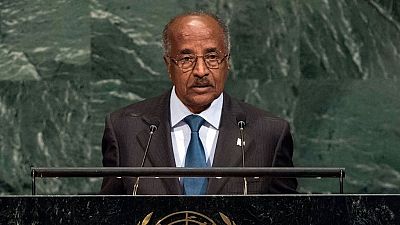

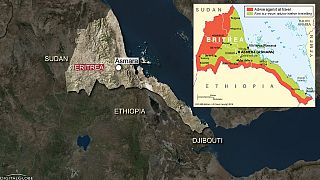
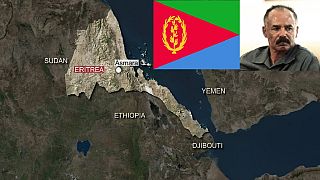
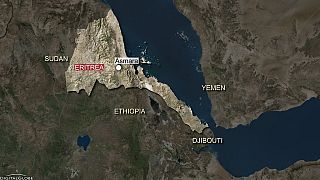
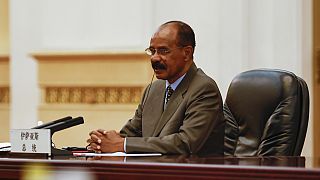
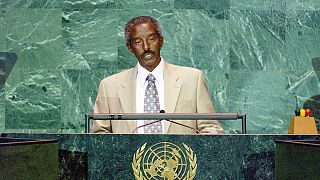



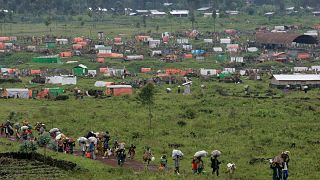
01:54
"Great economic potential in Africa": five African leaders have lunch with Trump
01:03
Russia becomes first country to recognise Afghanistan's Taliban government
01:15
Kenya court sentences two to jail terms for aiding 2019 hotel attackk
01:36
UN General Assembly votes overwhelmingly in favour of immediate ceasefire in Gaza
01:12
UN chief António Guterres calls for dialogue among civilizations
01:49
UN warns of impact Sudan's humanitarian crisis is having on Chad